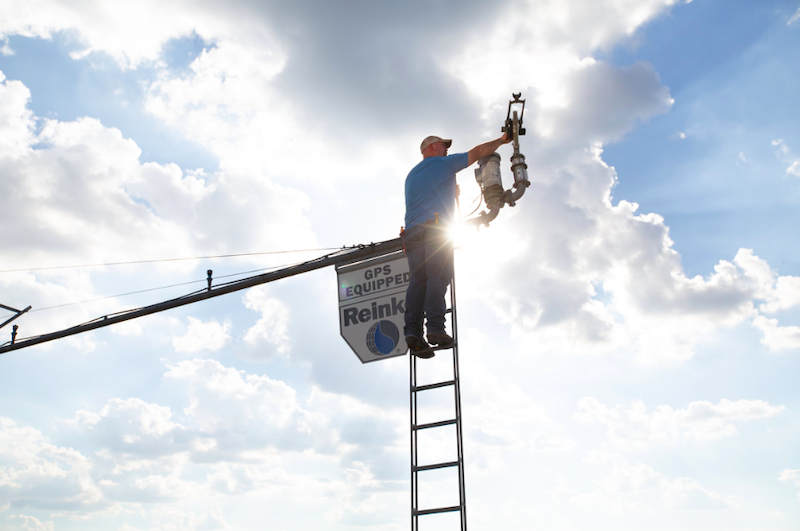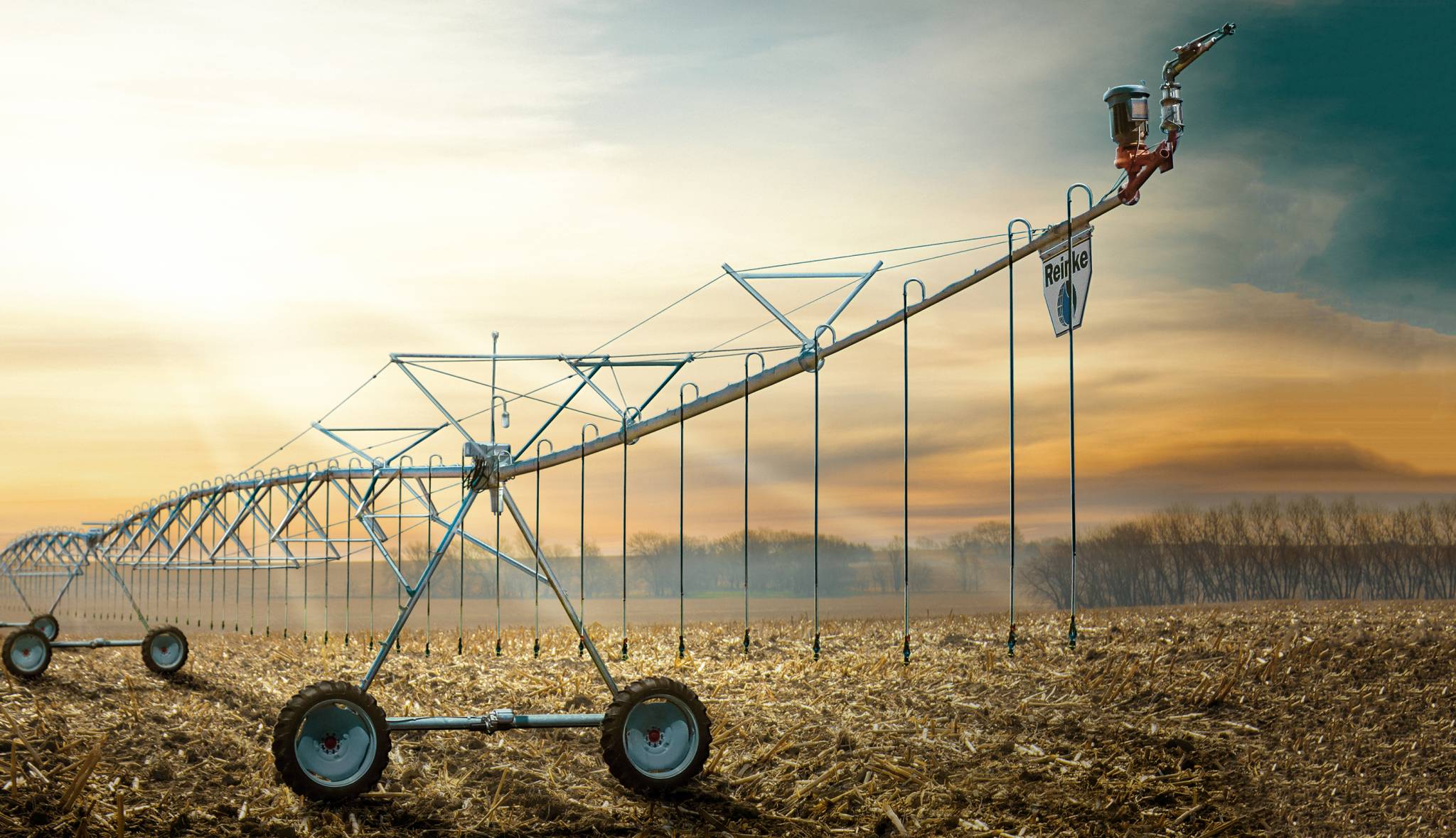As you prepare for another growing season, remember to take time to get your farm machinery in peak condition before you head out into the field.
Irrigation equipment, like the rest of your machinery, is vital to your operation’s overall success. But unlike a tractor, your center pivots probably didn’t spend the winter in a shed, sheltered from bitter winter weather conditions. So, to ensure that your pivots are ready to perform, preseason preventative maintenance is vitally important before you plant your first sugarbeet.
Preventative maintenance will increase equipment efficiency, decrease downtime due to midseason equipment repairs, and save money by making smaller maintenance repairs before they grow into larger issues.
Maximizing Return on Investment
Mike Boyd has seen great advances in irrigation since starting his career in agriculture nearly 40 years ago. With a degree in agricultural engineering from Montana State University, he stayed in the state and began working in irrigation sales. Boyd, now an ag irrigation sales representative with Watson Irrigation in Rockvale, Mont., is an advocate of preventative maintenance and has seen it pay off for the farmers he’s worked with.
“As input costs increase, it is more important than ever to maximize your return on investment,” Boyd says. “Performing maintenance checks is the best way to assure that you’re applying the right amount of water at the right time with the highest degree of uniformity possible.”
Maintaining the mechanical and electrical components of a pivot system are important, but Boyd also points to inspecting your screening and filtering components.
“Physical inspection of the screens and filters often takes second place to maintaining the larger components of a pivot system, but they should always be included,” he says. “A poor screening system can allow small particles to reach individual nozzles and plug them.”
Boyd says that when a nozzle is completely plugged, it’s obvious that the head needs attention. But the bigger danger exists when a nozzle is only partially plugged and reduced water application goes undetected until crop damage is noticed. By that point, maximum production is out of reach.
“A pivot’s job is ultimately to carry the sprinkler package over the field, so keeping sprinklers in peak condition allows your entire system to operate at its best potential,” he says.
Maintaining and upgrading a pivot’s sprinkler package ranks among the most critical components of annual maintenance. Boyd also suggests keeping up-to-date of new technology and improvements available for the sprinkler heads themselves.
Along those lines, annual maintenance should also include checking the calibration of fertilizer injection equipment.
“Over- or under-application of fertilizers and chemicals has sometimes been costly to farmers when this step wasn’t included in the maintenance process,” says Boyd.

Preventative Checks Improve the Bottom Line
In order to grow the best crop, your irrigation system needs to stay in peak condition. The loss experienced when a piece of equipment fails in the middle of the season is far more costly than preventative care. Reinke Manufacturing makes a point of reminding farmers about the significance of performing proper inspections of their pivots in order to help their bottom line.
Consulting the maintenance section of your owner’s manual for all irrigation products helps to ensure the reliability and longevity of every pivot. With a Reinke warranty, farmers have the option of working with their local Reinke dealers to have a certified technician perform preventative maintenance and use genuine Reinke parts for any repairs that may come up.
“Preventative maintenance is the key to providing reliability and longevity of your pivot system, making sure it will run when farmers need it most,” says Todd Merryman, manager of technical services with Reinke Manufacturing. “And those preseason checks are less expensive than a hurried repair when there are crops in the field going without the water they need.”
By taking steps to prevent issues from developing in the first place, farmers can have confidence and peace of mind regarding the system’s reliability. Following is a general checklist of the steps a certified technician can go through each spring to keep your irrigation system operating at peak efficiency:
- Verify the system electrical ground
- Look for any structural or electrical hazards
- Check the pivot center
- Check gearboxes (center drive and wheel)
- Check wheels and tires
- Check other drivetrain components
- Check the alignment of the system
- Check the condition of the water-carrying conduit
- Remove the sand trap and thoroughly flush the system with water
Some inspections are done annually, while others should be completed both before and after the growing season. For example, swing arm legs and steering gear boxes need to be greased twice a year—once in the preseason and a second time after harvest.
To further extend your irrigation system’s longevity and protect your equipment investment, don’t forget to have postseason maintenance and winterization performed at the end of the season as well.
“Our technicians undergo routine training so that they’re ready to help farmers whenever they’re needed,” says Boyd. “But if we can run preseason and postseason preventative maintenance checks, we’re much more likely to catch repairs in advance to keep downtime to a minimum.”

For a detailed checklist of preseason irrigation system preventative maintenance, visit www.reinke.com/preseason-preventative-maintenance.
Farmers in Montana can visit www.watsonirrigationmt.com for more information on the products and services available from the Reinke Diamond Pride award-winning dealership. Watson Irrigation’s dealership in Townsend, Mont., can be reached at (406) 266-3741; the Rockvale, Mont., dealership can be contacted at (855) 654-2846.